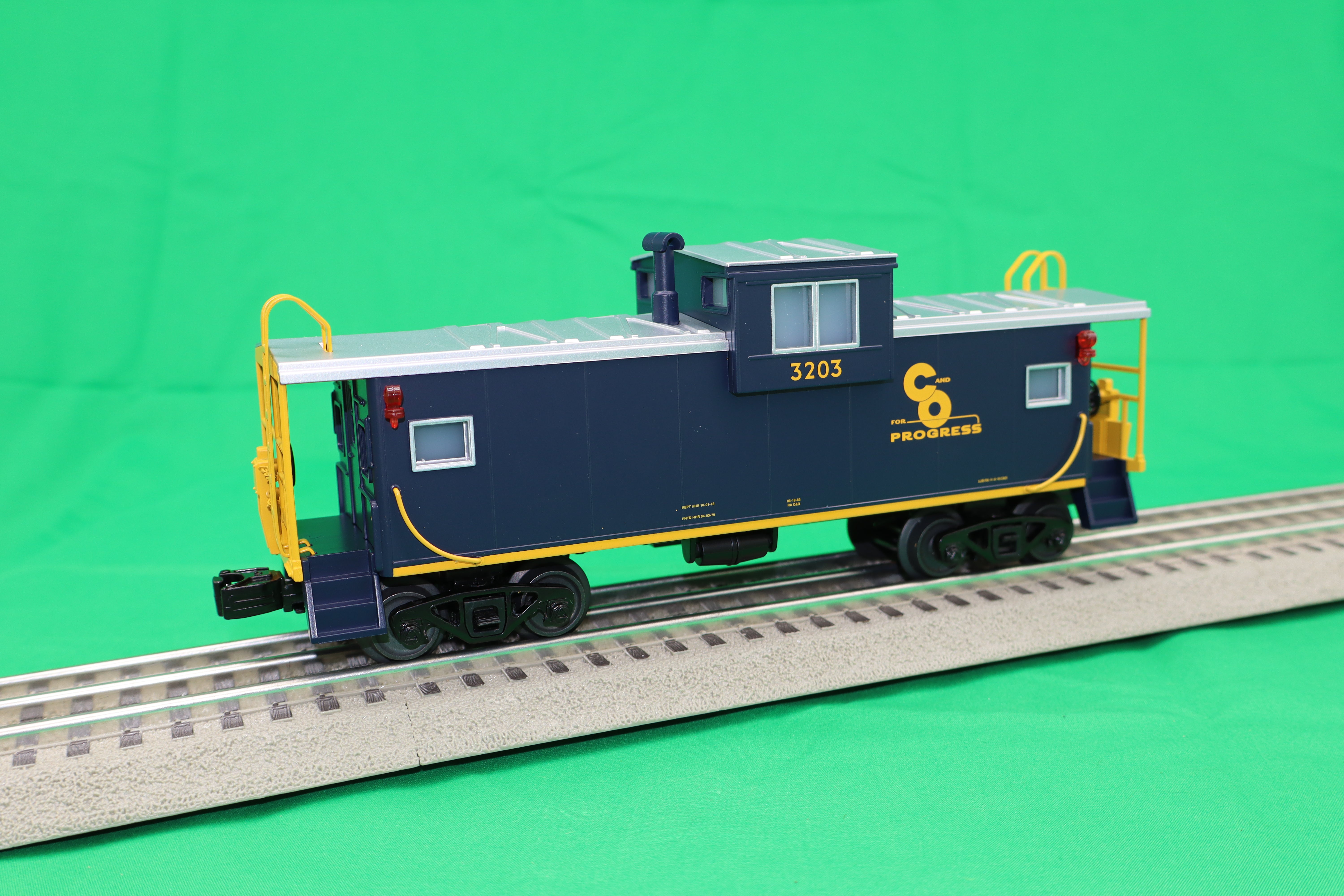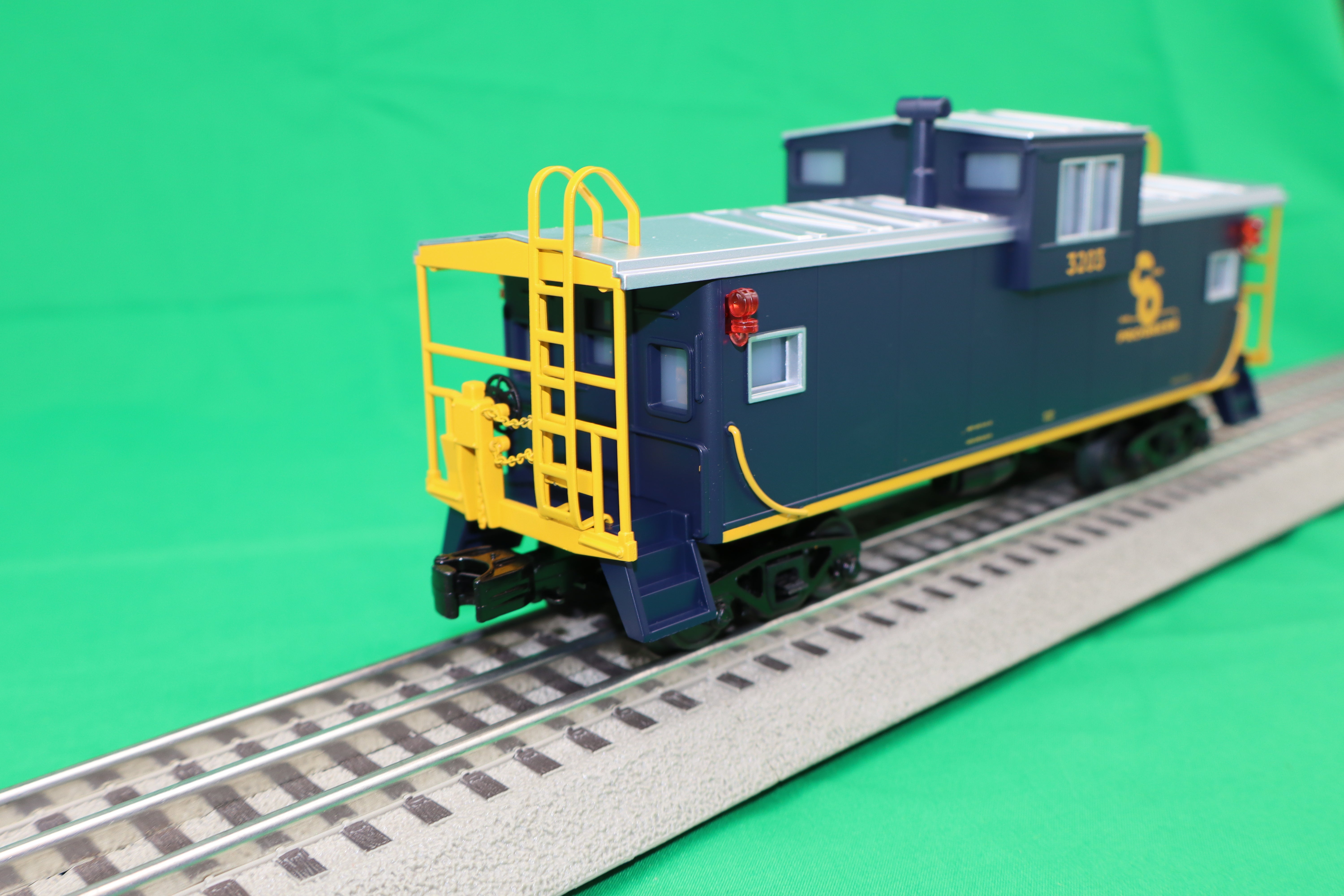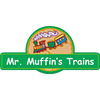Love it? Add to your wishlist
Your favorites, all in one place. Shop quickly and easily with the wishlist feature!
[message]
[title]
[message][subMessage]






Announcement Date:
Guaranteed Pre-Order Due Date:
Expected Delivery Date:
Individually Boxed:
| Announced Date: | March 2024 |
| Released Date: | Feb 2025 |
| Individually Boxed: | No - 2 to a case |
Before railroads, “caboose” referred to a small cookhouse on the deck of a sailing ship. Nobody knows for sure, but it was likely the 1850s before the first railroad caboose gave a train crew shelter from the weather. The Civil War era marked the emergence of boxcarlike cabin cars or conductor’s cars with side and perhaps end doors, windows, a heating and cooking stove, bunks, and roof lanterns to mark the end of the train.
Management often resisted providing such creature comforts to crews, and it would be well into the 1870s before cabooses were widespread on American trains. And although the cupola, known then as a “lookout” or “observatory,” first appeared during the Civil War era, flat-roofed cabooses outnumbered cabin cars with cupolas well into the 1880s. By the early 20th century, however, the cupola caboose had attained its final shape, one it would keep until cabooses became extinct in the 1980s.
But while cupola cabooses remained pretty much the same, the freight cars in front of them were changing, becoming ever longer and taller as well. By the end of World War II, taller cars were making it harder and harder for the crewman riding the cupola to do his job: keep an eye on the train ahead. One solution, of course, was the bay window caboose. Another, more popular innovation was the extended vision, or wide vision caboose, which combined the extra width of a bay window with the height advantage of
a cupola. Our model depicts the extended vision caboose introduced by International Car Company in 1953 and produced for two decades, which was rostered by railroads from coast to coast. Like diesels and other modern freight cars, this widely owned caboose was part of the postwar shift away from customized, railroad-specific locos and cars toward standardized designs produced in large quantities on efficient assembly lines.
High quality, traditionally sized RailKing Freight Cars provide detailed bodies and colorful paint schemes for the O Gauge railroader. MTH makes an enormous variety of RailKing Freight Cars, including many different car types and roadnames. No matter what era or part of the country you are modeling, RailKing is sure to have something for you.
177 W Main St
Atlanta, IN 46031
765-292-2022
support@mrmuffinstrains.com
Sign up for our newsletter and be the first to know about coupons and special promotions.
© 2026, MrMuffin'sTrains Powered by Shopify
